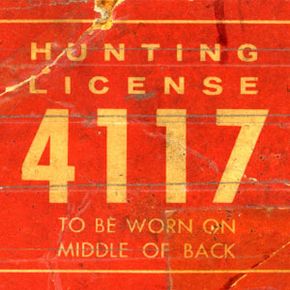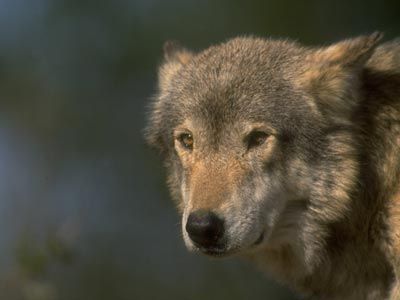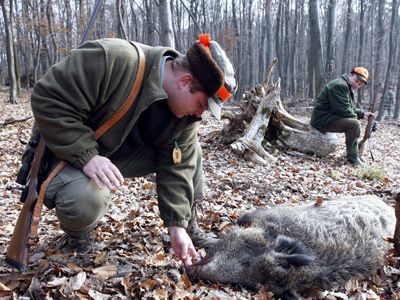You've waited for this day all year long. You've cleaned your gun and spent countless hours reminiscing about last season with your hunting buddies. This year's going to be the year, you're sure of it -- but that's all out the window if you forget to buy your hunting license.
The most common argument hunters use to justify their controversial sport is the role hunting can play in conservation. They say that because many animal species are becoming overpopulated, the animals and their ecosystems are overstressed. There isn't enough room or natural resources to accommodate all the living beings. Because of this, animals are in tougher competition, and the high populations are draining Mother Nature's resources. Hunters, they say, can alleviate some of this pressure by reducing the populations of certain species so that the numbers are manageable again and the competition will decrease.
Advertisement
For this to work, however, there have to be regulations on hunters. If there were no limits on how many of a specific species could be harvested in a year, an entire species could be wiped out by overzealous hunters who have been waiting all year to get out their guns. This is where hunting licenses come in.
Each state divides its hunted species into categories and sets limits on how many can be harvested per hunting season. They assign licenses to these categories and sell them for a wide range of prices to waiting hunters. Once the licenses for a certain species are sold out, the hunters who were unable to purchase them have to wait until the next appropriate season. Hunting without a license is considered poaching.
Want to make sure you make it through your hunting trip without a hefty fine or jail time? First, be sure you're properly licensed to hunt. Read ahead to learn more about the different kinds of licenses that are out there.
Advertisement


